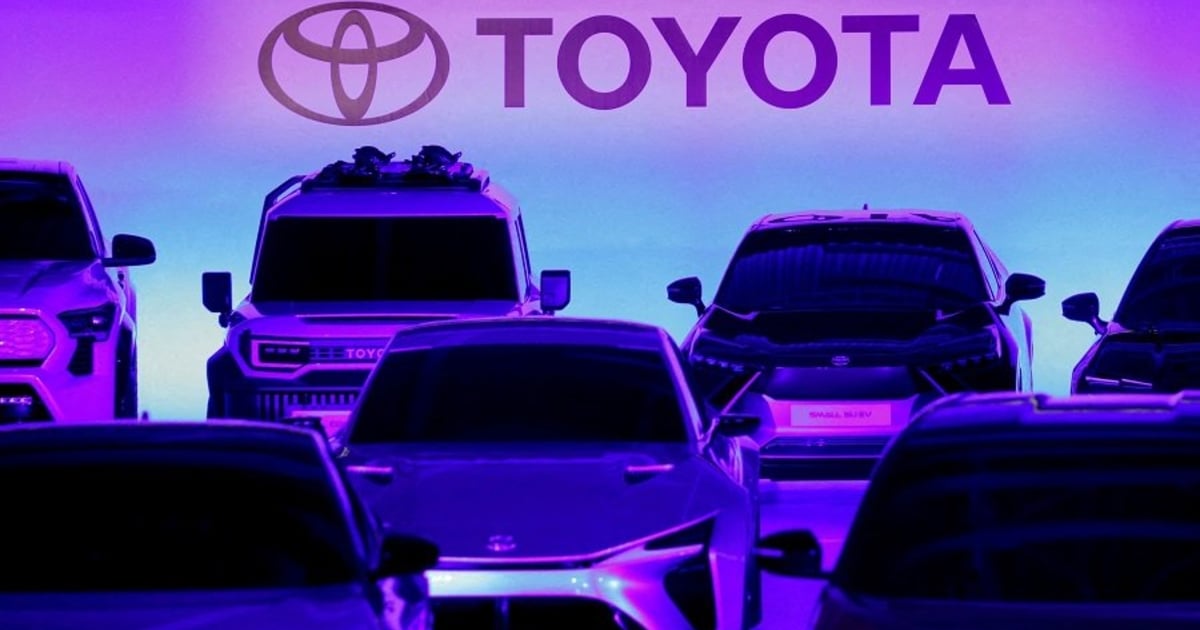
Toyota Research Institute said its partnership with top U.S. universities has resulted in developments in advanced robotic capabilities, fuel cell catalyst durability and computational governance.
The program has funded $100 million of R&D and yielded more than 1,200 research papers, including several winners of academic awards, Toyota said in a statement Monday. It began in 2016 and expanded last year to include 21 university partners and 61 projects.
Each university partner teams up with a Toyota researcher on a specific line of inquiry, working on solutions specific to parent company Toyota Motor Corp. and for the industry.
Columbia University’s Artificial Intelligence and Robotics Lab has developed new robotic capabilities designed to handle nonrigid objects that can fold, bend and change shape. These robots can fold laundry and manipulate flexible bags, dynamic tasks with implications for vehicle development.
“The partnership has allowed us to leverage industry-level resources, which have been critical in driving our research forward,” Shuran Song, assistant professor of computer science at Columbia, said in a statement. An award-winning algorithm for complex, repeatable tasks was developed by Song’s team.
University of Michigan researchers developed a governance system to speed up the execution time of model predictive control systems. Toyota used this system to solve a vehicle controller problem where sudden changes in set points resulted in unresponsiveness.
The automaker said the university partnership program will continue into 2024.